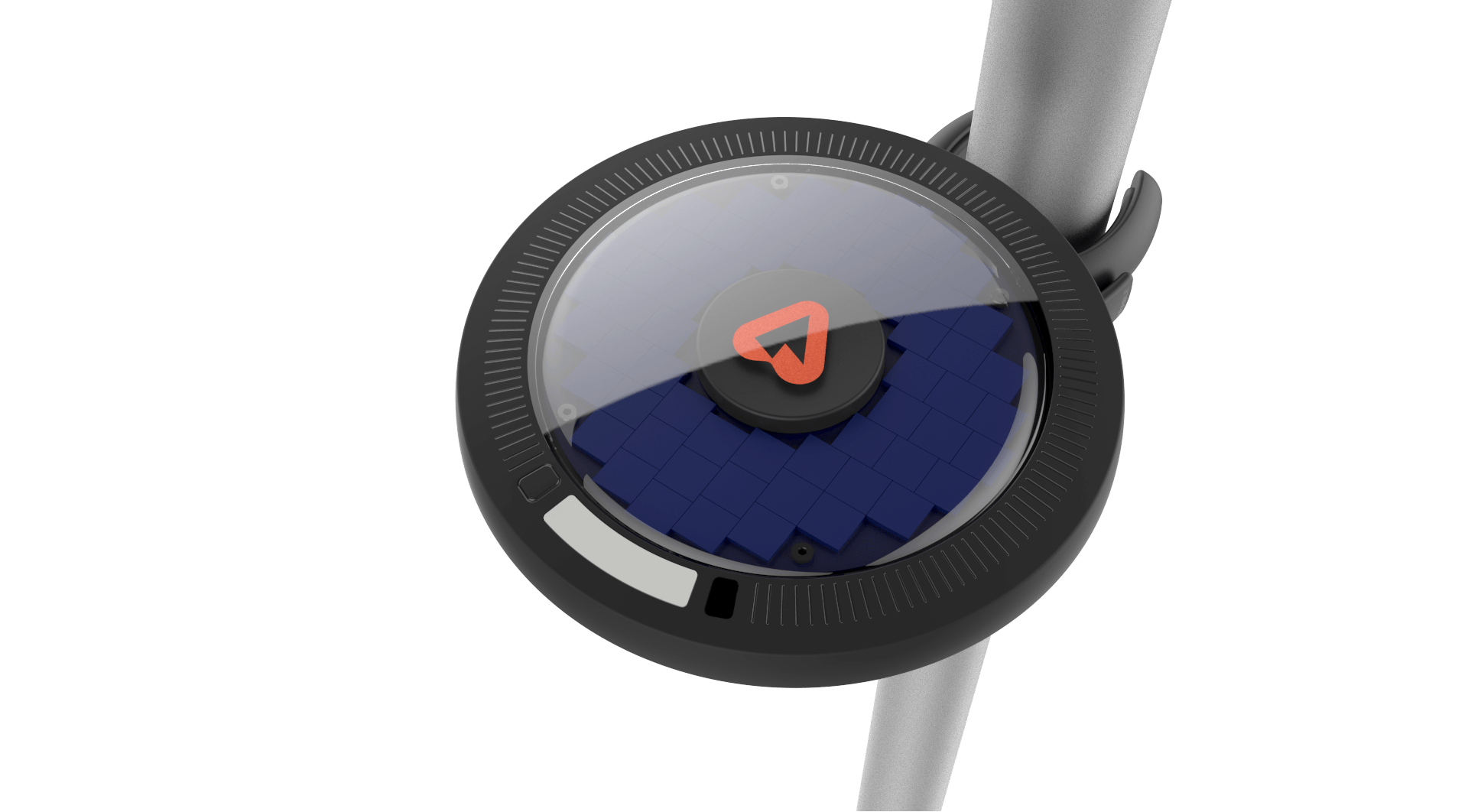Arable Labs, the agriculture sensor and analytics company, has raised $4.25 million in Series A funding in a round led by family office-backed Middleland Capital and S2G Ventures, the Chicago-based food and ag VC.
Other new investors in the round were Chase Field, Spark Labs and Cantos VC. Arable also recently won the 2016 Village Capital agriculture accelerator program.
Arable’s sensor, named the Mark, which is deployed in the field above the leaf canopy of the relevant crop, captures 40 different data streams including rain, hail, canopy leaf area, crop water demand, environmental stresses, microclimate, and even air pollution. This data is fed into the startup’s software platform to provide a range of insights to agribusinesses including yield forecasts.
Brian Mixer, partner at Middleland Capital who led the firm’s investment in Arable, says this level of data collection — which involves a six band spectrometer, 4-way net radiometer, and acoustic rain gauge — is unmatched by any other agriculture sensor company today.
“As you know, there is a growing need for high-quality infield data to drive operational decision making, but as farmers try to capture data with several different devices, nothing is talking to each other,” Mixer told AgFunderNews. “The Mark is unbelievably data rich for a single, affordable device, and with the processing on top, it presents the information in an easy to read format.”
There’s been some industry fatigue around sensors with some retailers reticent to sell them to their clients and get involved in deploying and maintaining them. One retailer told me recently: “We are sensored out as we always end up doing the dirty work. We don’t mind doing the work is the product performed, but there’s too many moisture probes in the field and you have to install them and take them out etc.”
But Sanjeev Krishnan, partner at S2G, says he doesn’t see Arable as a sensor company. “Arable is a data processing, predictive analytics company that’s clearly designed great hardware, realizing the need for good data, but it’s what the data scientists at Arable do with the data that’s the most important.”
Arable also has an innovative go-to-market strategy by not just targeting growers with a decision support tool like many sensor-based businesses, but by producing insights further along the supply chain. In particular, it’s found early success with a yield forecast tool that the forecasting teams of large specialty crop processors such as Driscoll’s have been picking up, according to Adam Wolf, founder of Arable.
Wolf says that bad yield forecasts can cost companies like Driscoll’s hundreds of millions of dollars a year, as they impact how forward purchase agreements are negotiated. This can leave businesses with an oversupply of produce, which has cost in labor but is often then sold at below market rates. On the flipside, it can leave suppliers short on supply, which is damaging to relationships, according to Krishnan.
“If you’re growing grapes, for example, and you know you’re going to have a bad yield ahead of time, you can make intelligent decisions around supply and demand, and can manage your labor and logistics,” he said. “We were able to talk to existing customers that were trialing it on the vineyard and berry side and could confirm our thesis that there was lots of opportunity around this business model.”
Driscoll’s was one such trial customer, and Arable reduced yield forecast uncertainty from 20% to 5%, saving the berry company $18k per field per week, according to Wolf.
Arable also trialed a beta version of the Mark and Insight platform with Yara, irrigation retailer Valmont, Francis Ford Coppola Winery, National Oceanic and Atmospheric Administration, Conservis, One Acre Fund in Africa, and a range of research institutions.
“Arable is solving the financial risk embodied in transactions between growers and processors, especially in specialty crops that exist outside of commodities exchanges,” said Krishnan. “As both parties capture benefits, we can see the emergence of a very different supply chain in food and ag.”
The company also has plans to offer traceability and transparency data to retailers and both Wolf and Krishnan talked about using the Mark and Insights platform to help close the gap between farming and consumers.
The sensor costs $650 and a subscription to the analytics platform costs $250 a year, with an account fee of $1,250, that’s aimed at encouraging users to purchase several sensors to deploy across their fields. Wolf believes one sensor per field is enough to gain valuable insights.
The Insights platform goes further than yield forecasts, microclimate monitoring, and crop status and also has a messaging component to it. This enables various participants to communicate through it like a Slack for agriculture. “With the fear around skilled workers retiring and all the knowledge that goes with them, we’re enabling agribusinesses to keep track of how they’ve operated over the years in a format anyone can access,” said Wolf.
Arable will use the funding to continue to build out the platform and make a few more hires. After graduating as the last scientist to receive a Masters in Agronomy at UC Davis, Adam Wolf flew to one of the most remote and poverty-stricken parts of the world working with the Kazakhstan government to mitigate extreme weather and climate change. Believing that the only way to end hunger was with data, he went to Princeton and built the Mark with $4 million in grant funding from the National Science Foundation, and launched Arable shortly after that. The company is still headquartered in Princeton, New Jersey.





